Financial Aid
Classes Start Soon
All of our college campuses are accredited and participate in various federal student aid programs. During the admissions interview, your admissions representative will arrange for you to meet with an associate from our financial aid office. This associate will explain the various types of federal aid for which you may qualify. The difference between college grant and loan programs will be explained so you can make a final decision regarding the creation of a financial aid package that best meets your needs. The associate will prepare an estimated offer letter to help explain how your financial aid package will help cover the cost of tuition, books, and fees.
*Financial aid is available to those who qualify and our financial aid office is dedicated to the following goals.
The Pell Grant is need-based assistance that does not have to be repaid unless a college student withdraws from school. Pell is awarded to college students who have a financial need as determined by a standard federal formula, which takes into consideration family size, income, and resources to determine need. Annually, the U.S. Department of Education determines student eligibility for this grant. This grant is available to undergraduate students who have not earned a bachelor’s or a professional degree.
The amount of Federal Pell Grant funds available to the college student over their lifetime is limited by federal law to be the equivalent of six years of Pell Grant funding. Since the maximum amount of Pell Grant funding you can receive each year is equal to 100%, the six-year equivalent is 600%. The calculation of the duration of a college student’s eligibility will include all years of the student’s receipt of Federal Pell Grant funding. College students can monitor their aggregate balance on the NSLDS website at studentaid.gov.
The FSEOG is a grant program for undergraduate students with exceptional need with priority given to students with Federal Pell Grant eligibility. The federal government allocates FSEOG funds to participating colleges. Unlike loans, FSEOG funds do not have to be repaid.
The William D. Ford Federal Direct loans are low-interest loans that are made available to the student. The loan must be used to pay for direct (tuition, fees, books and supplies) and indirect (room, board, transportation and personal expenses) educational expenses. Subsidized loans are based on family income and college student need while unsubsidized loans are not. College students repay their loans beginning six months after they graduate, withdraw from the College, or fall below half-time enrollment status.
The William D. Ford Federal Direct PLUS Loan is a low-interest loan available to parents of dependent undergraduate students. These loans are not based on need but when combined with other resources, cannot exceed the college student’s cost of education. The U. S. Department of Education requires a credit check on the parent borrower. Either or both parents may borrow through this program. Repayment begins within 60 days of final disbursement of the loan within a loan period. Parents may request deferment of payments while the student is attending at least half-time.
Any awards from the federal loan programs must be repaid in accordance with the terms of the promissory note, which is signed by either the student or the parent.
FWS is a financial aid program designed to assist college students in meeting the cost of their education by working part-time while attending the College. Positions may either be on-campus, off-campus, or community- service related. A candidate must demonstrate financial need to be awarded FWS. The number of positions available may be limited depending upon the College’s annual funding allocation from the federal government.
The U.S. Department of Education offers many great sites and resources to students and prospective students. Here are a few we think you’ll find helpful:
The U.S. Department of Education requires schools to disclose various information about the schools. For the most recent Department of Education disclosures for Gwinnett College, Click Here. You can also visit the College Navigator website for much of this information.
For college students considering the use of student loans to help pay for the cost of your education, it is vital for you to know the importance of repaying those college student loans. You should also limit the amount you borrow to only that which you need. Don’t overborrow!
Be sure to understand what happens when you have completed school, including the different options for repayment. Watch this Exit Counseling video produced by the Department of Education for tips and call us if you have any questions.
Discover which path is right for you by choosing a program icon down below or contacting us today!
Choose from Gwinnett Colleges’ diploma, associate degree, and bachelor’s degree programs in the fields of business, healthcare, legal studies, or health and wellness. Our flexible day, evening, hybrid, and online classes make it easy to schedule the technical training you need to achieve your career goals.
Call Us Today or Complete The Form at the Top of The Page to Take the Next Step Toward Your New Career!

Gwinnett
Colleges & Institute
Gwinnett Colleges and Institute cannot guarantee employment or a minimum starting salary upon graduation; however, placement assistance is available upon successfully completing the selected program.
For state authorization and accreditation information, please refer to the location page associated with the campus you are interested in.
Disclosures and Catalogs
For Consumer Information, Disclosures, and Course Catalogs, please click the above link.
Sources and related content